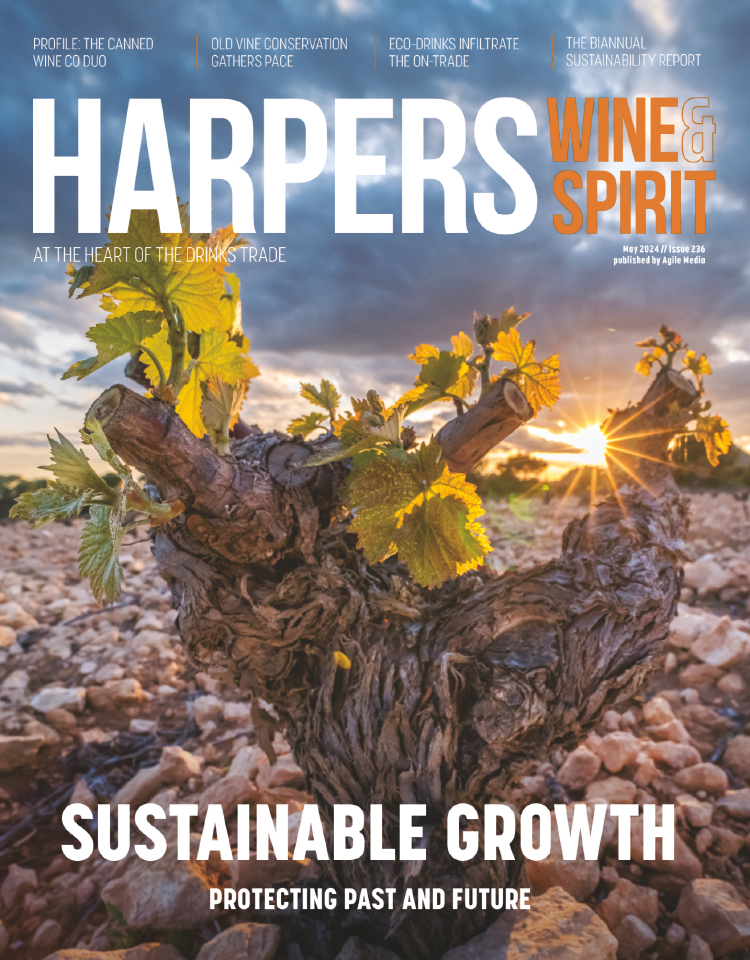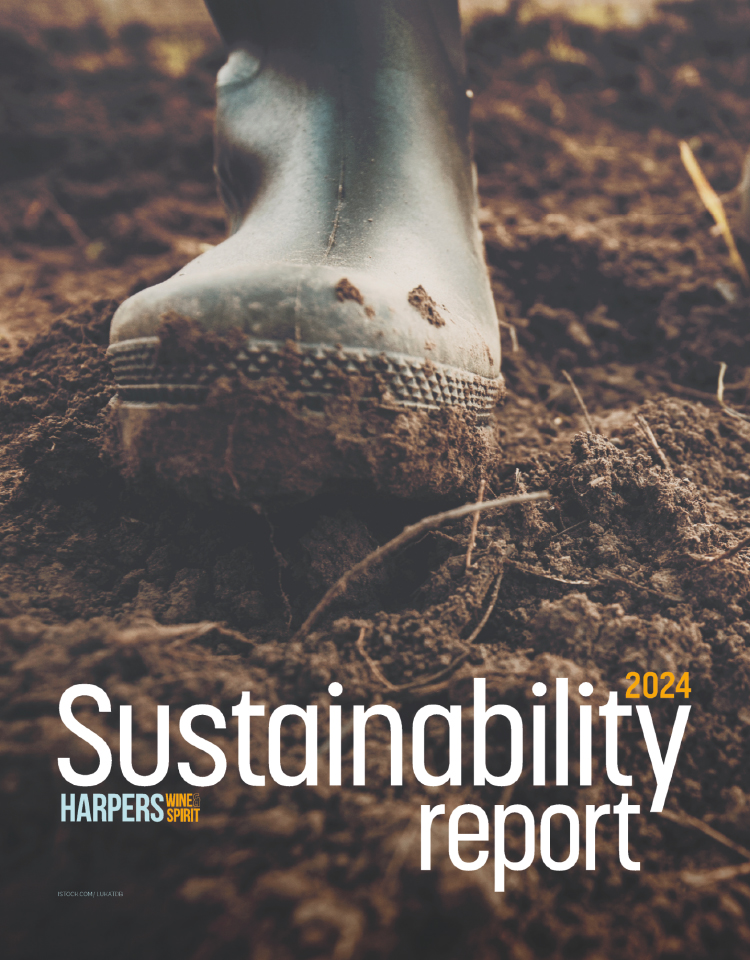
‘Huge confusion’ over what Brexit means for bulk
There is mounting concern over the lack of clarity around the introduction of VI-1 forms for bulk shippers, despite the end of the transition period being just weeks away.
Under the current rules, VI-1 forms will soon be mandatory for all wine entering the UK from the EU, putting wine shipments from Europe on equal footing with shipments from outside the bloc.
Countries shipping wine from third countries have always had to satisfy VI-1 requirements, which include filling out a form and a lab test.
However, questions still remain over how bulk shipments – which often stop off for bottling in the UK before travelling through the EU – will be affected. Will an Australian shipment have to satisfy two sets of forms as it travels to the EU via the UK?
According to the Wine and Spirit Trade Association (WSTA), this is clarity members are desperately seeking.
“If you’re a company shipping 20 different wines to Germany via a bottler in the UK, you would need 20 certified copies the forms,” said Rebekah Kendrick, head of Brexit and EU affairs at the WSTA. “Then, as you re-enter the EU, you would need another 20 copies. That’s 40 pieces of paper. We’re 30 days away from the end of transition and businesses are asking questions.”
Thanks to a government U-turn, companies will not have to satisfy VI-1 requirements for wines travelling from the EU to the UK until July 1, 2021. For those coming from outside the EU, shippers will be able to continue using the same EU forms until 1 October, when they will have to migrate to an almost identical UK version of the form.
Time is running out however for bulk shippers, who move large quantities of wine through the UK and the EU.
It’s a similar quandary for those looking to trade with Northern Ireland.
NI retailers have always typically shipped mixed consignments of food and wine from Britain.
Concerns over fraud however, and worries that NI would be used as a loophole in order to move goods into the EU unscrupulously, means that – for tax purposes at least – NI is considered part of the EU and will be subject to separate VI-1 forms from the rest of the UK.
“There are retailers in NI who have probably never seen a VI-1 form before,” says Kendrick. “If you’re sending wine from Australia to a bulk bottler in the UK with a VI-1 form, post-1 Jan, to reach NI, you’re going to have to fill out yet another form.”
The WSTA says it has seen a draft from Defra on plans for what the requirements will be, though it is not currently able to share the details with the press or its members.
“The number one thing I would suggest at the moment for businesses is to register for a WSB number,” says Kendrick. This number is a requirement for businesses looking to applying for VI-1 certification with Defra.
For the full update on Brexit, and what we can expect at the eleventh hour, see this month’s issue of Harpers, published digitally and in print tomorrow, 4 December.
Keywords:
- wine
- UK
- EU
- WSTA
- bulk
- over
- forms
- VI
- NI
- form
- shippers
- says kendrick
- satisfy vi
- “if you’re
- bulk shippers
- concerns over
- concerns over fraud
- eu unscrupulously means
- “if you’re sending
- kendrick “if you’re
- says kendrick “if








